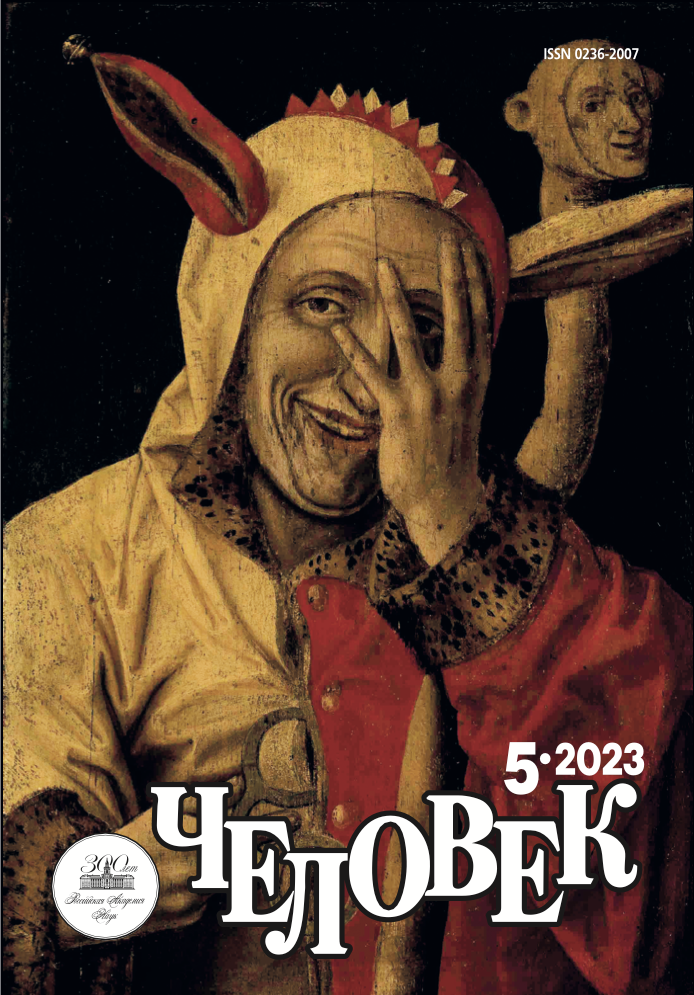Ethical and Epistemological Status of a Dead Body in the Context of Development of Tissue and Organ Donation
Keywords:
ethics of dying, dead body, donation, organ transplantation, controlled donation, donation after euthanasia, gestational donationAbstract
In the article, on the example of the development of human organ and tissue donation, the ethical and related epistemological status of a dead body is considered. Important factors in their formation are socio-cultural and religious traditions, worldview prerequisites, as well as family attitudes and ideas about private life. Based on these factors, moral conflicts were considered that arise in the process of developing new liberal forms of organ donation and organ transplantation, based on a resource approach to the dead body and demonstrating the existing tension between understanding the (dead) body as a common good and the idea of the body as a private thing. It is shown that in the process of developing the practice of organ and tissue donation, the ethical and epistemological status of a dead human body is problematized in the existing system of value dichotomies — between commodifiable and non-commodifiable, public and private, autonomous and instrumentalized relationship to the human body.






